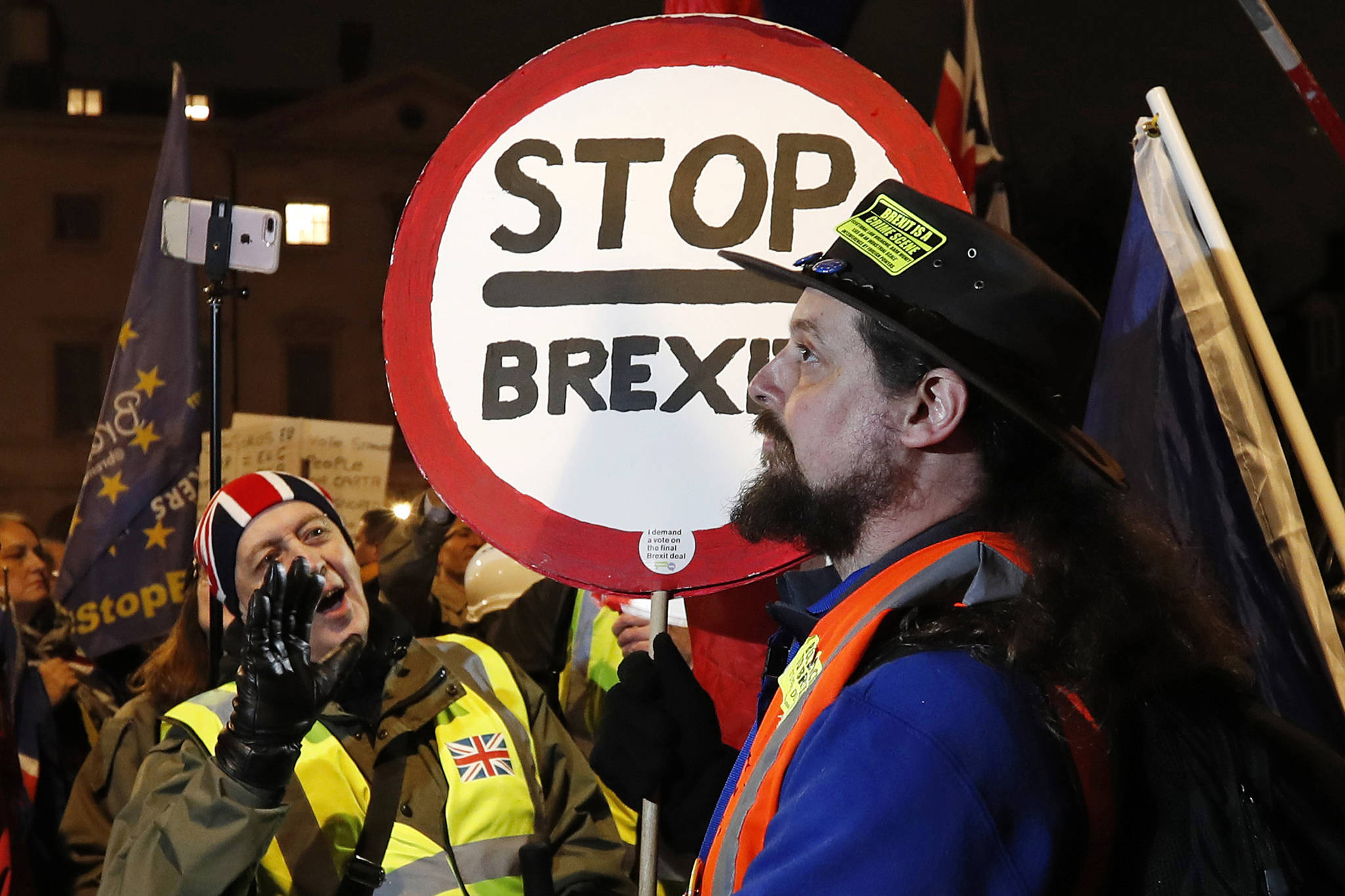The United Kingdom’s House of Commons in London has been quite lively of late, with intense and often rancorous debate about how and if Britain should exit from the European Union (EU). “Brexit” sounds like a buttery cookie or cracker, a moniker that fails to reveal the sheer stupidity of the idea of ditching the EU, or the alarming means by which Britain arrived at this unfortunate position.
The EU began as a coal and steel union between France, West Germany, Italy, Belgium, the Netherlands and Luxembourg in 1952, which five years later became the European Economic Community (EEC). In the early 1970s several other nations joined, including the U.K., whose membership was from the beginning a source of national debate reflecting the island nation’s centuries-long tenuous relationship with continental Europe. The transformation into the EU in 1992 began a period of alternating slow and rapid growth to what exists today, a supra-national confederation of 28 states which encompasses the vast majority of the European continent, with a combined population of over half a billion people, and a common market with almost one-fourth of global economic productivity.
One thing the EU shares with the U.S. is that it is not perfect. While there are now common laws, regulations, and standards that even the playing field and promote beneficial economic activity across and among all member states, there are problems and dissatisfactions that some try to use to argue that the EU should be broken up. This is a bad idea, just as the dismembering of the U.S. would be a horrible outcome for all of us who live here and the rest of the world.
[Opinion: With cruise ship lawsuit decided, it’s time for Juneau to reap the benefits]
The natural course of history is toward greater integration, and the increasing size of the world’s population militates in favor of more collaboration and cooperation. The existential threats to the planet posed by climate change can only possibly be addressed, and the course to destruction averted, by setting aside parochial policies in favor of shared approaches to solve the crises facing us.
The road to Brexit began with the U.K.’s Labour Party opposing membership in the 1970s and 1980s based on anti-capitalist sentiments. This was followed by a vocal minority of the Conservative Party carping and complaining about annoying EU bureaucracy (which absolutely exists) and xenophobic (often racist) resentment of an influx of people of other races and nationalities into the British Isles. Instead of fixing the structural problems in Brussels, the extreme left and right components of the pro-Brexit camp whined and criticized the status quo, while stoking fears of people of color and non-English speakers, until former Prime Minister David Cameron decided to put the question to a vote of the people in 2016. This resulted in a slim majority voting in favor of leaving the EU, prompting Mr. Cameron’s resignation.
The results of the Brexit vote should not be taken as a true statement of the people because we now know that Russian dictator Vladimir Putin deployed the extensive machinery of his state security apparatus to manipulate public opinion to alter the outcome of the referendum. Cameron’s successor Theresa May nevertheless has haplessly tried to run a government that will follow the purported will of the British people, invoking Article 50 of the EU Charter in March of 2017 and starting a two-year countdown to Brexit this year.
May has failed to negotiate terms for Brexit that are acceptable to a majority in Parliament, and thus the very real possibility exists that the U.K. with “crash out” of the EU at the end of March this year, which would likely throw Europe into recession, probably causing the rest of the world’s economy to follow.
Brexit still need not happen. The U.K. can revoke its Article 50 declaration, and hold a second referendum. Just as the 2018 elections in the U.S. were conducted with heightened awareness of the malign intentions of Russia to harm our country, a second vote on Brexit would take place in this improved and more secure context. A better informed electorate, not being deliberately misled, would choose more wisely, vote to keep the EU whole, and continue making progress toward a prosperous and sustainable future.
• Benjamin Brown is a lifelong Alaskan, and an attorney, who lives in Juneau. My Turns and Letters to the Editor represent the view of the author, not the view of the Juneau Empire.

